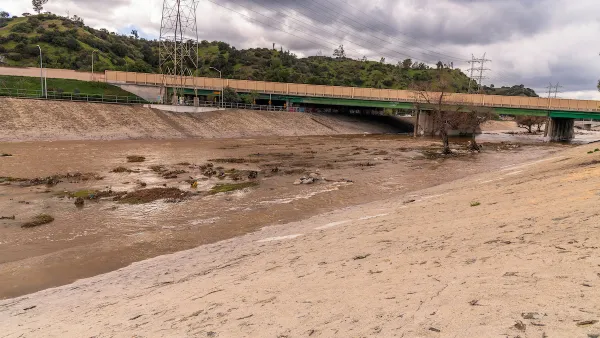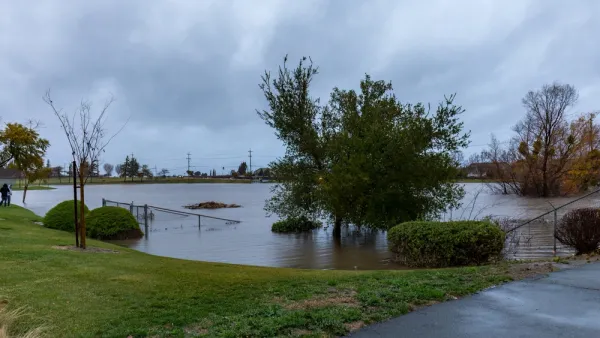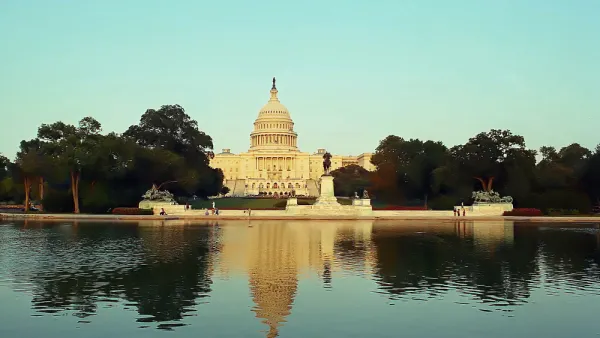The Net Zero Water Toolkit helps individuals and organizations make water resource planning decisions based on local conditions rather than targeting historical demand and allowing water quality impacts to flow downstream.
Building off the principles of net zero energy and climate neutrality, Net Zero Water (NZW) is concept that aims to change the way water resources are managed by making water resource planning decisions based on local conditions. Rather than going out and securing water supplies to meet historical demand patterns, a net zero water approach looks at local precipitation patterns and tries to maintain consumption at or below that available local supply. And, rather than allowing water quality impacts from stormwater runoff in developed areas to flow downstream, a net zero water approach looks to treat runoff on-site. NZW, or being water neutral, means using only as much water as falls on your site and eliminating all water quality impacts from the site.
To pilot the concept of NZW, Brendle Group (a sustainability engineering and planning firm) led the development of a building-scale NZW Planning Toolkit that walks users through the process of understanding their water footprint and taking action to reduce consumption and improve water quality whether they are a building owner, company, school campus, or community.
To launch this groundbreaking initiative, a user-friendly Microsoft Excel®-based analysis tool and companion guidebook (NZW Planning Toolkit) have been developed with the help of a project team, sponsors, and a technical advisory group. The NZW Planning Toolkit is designed to help users quantify their water footprint, evaluate reduction strategies, and recognize financial and environmental benefits from reducing their water use and water quality impacts. It is anticipated to be used widely across the public and private sectors and is intended to standardize and simplify water analysis and planning, while maximizing economic returns and environmental benefits.
The building-scale Toolkit is currently available for free download. Subsequent phases will focus on modules for the building portfolio, campus, district/neighborhood, and community scales.
FULL STORY: New Zero Water

Analysis: Cybertruck Fatality Rate Far Exceeds That of Ford Pinto
The Tesla Cybertruck was recalled seven times last year.

National Parks Layoffs Will Cause Communities to Lose Billions
Thousands of essential park workers were laid off this week, just before the busy spring break season.

Retro-silient?: America’s First “Eco-burb,” The Woodlands Turns 50
A master-planned community north of Houston offers lessons on green infrastructure and resilient design, but falls short of its founder’s lofty affordability and walkability goals.

Test News Post 1
This is a summary

Analysis: Cybertruck Fatality Rate Far Exceeds That of Ford Pinto
The Tesla Cybertruck was recalled seven times last year.

Test News Headline 46
Test for the image on the front page.
Urban Design for Planners 1: Software Tools
This six-course series explores essential urban design concepts using open source software and equips planners with the tools they need to participate fully in the urban design process.
Planning for Universal Design
Learn the tools for implementing Universal Design in planning regulations.
EMC Planning Group, Inc.
Planetizen
Planetizen
Mpact (formerly Rail~Volution)
Great Falls Development Authority, Inc.
HUDs Office of Policy Development and Research
NYU Wagner Graduate School of Public Service





























